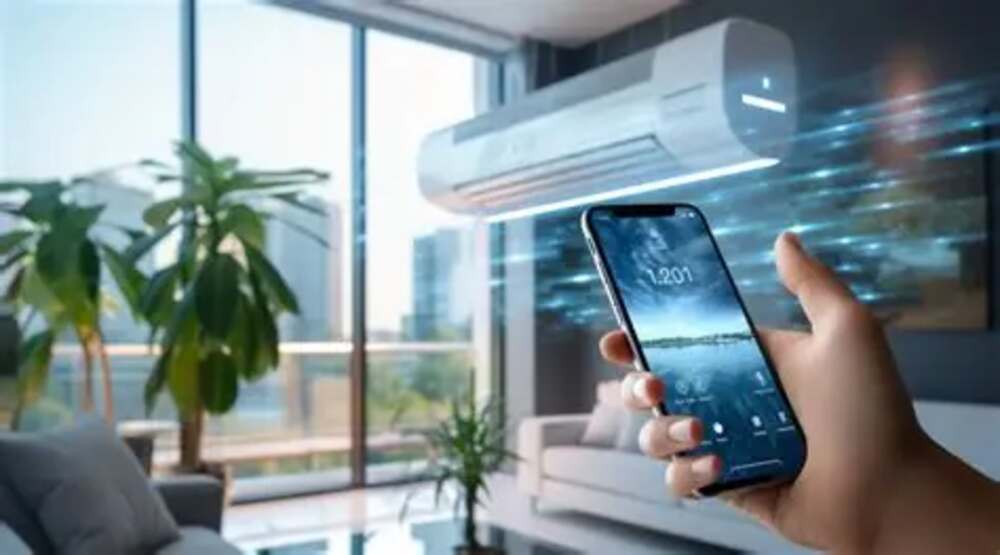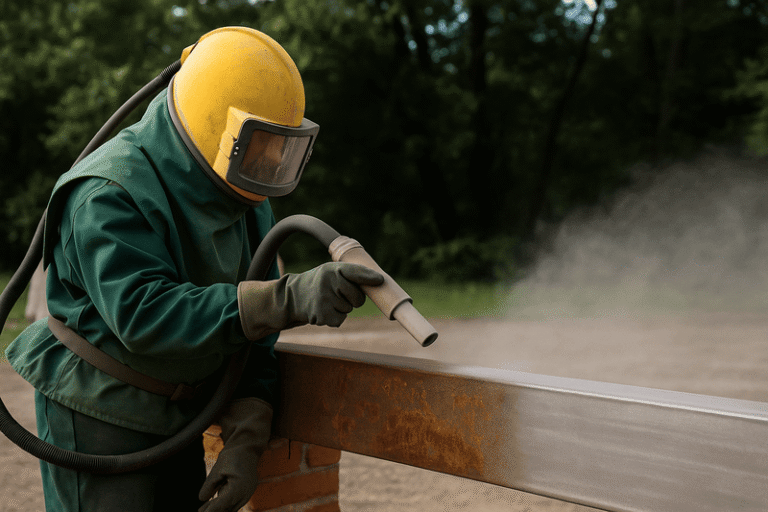
Air conditioning technology has come a long way since its invention over a century ago. Once considered a luxury, it’s now a necessity in homes, offices, and industrial spaces around the world. Yet as we enter 2025, the air conditioning industry is undergoing one of its biggest transformations — driven by the need for energy efficiency, sustainability, and smart automation.
From AI-powered systems to solar-assisted cooling and environmentally friendly refrigerants, the future of air conditioning promises not just comfort, but innovation that supports both people and the planet.
1. The Shift Toward Sustainable Cooling
One of the most significant challenges facing modern HVAC systems is environmental impact. Traditional refrigerants such as R-22 have been phased out due to their ozone-depleting properties. Today, manufacturers are turning to low-GWP refrigerants like R-32, R-454B, and CO₂-based systems that reduce greenhouse gas emissions while maintaining performance.
Governments and environmental organizations are enforcing stricter energy standards, pushing the industry to design equipment that consumes less power and minimizes carbon output.
In 2025 and beyond, sustainability isn’t just a feature — it’s a requirement. The future of air conditioning lies in green innovation, where efficiency and eco-conscious design go hand in hand.
2. Smart and Connected Air Conditioning Systems
The integration of Internet of Things (IoT) technology is revolutionizing how we interact with air conditioning systems. Smart ACs are now capable of:
- Learning user preferences through AI-driven algorithms
- Monitoring room occupancy and adjusting temperature automatically
- Providing real-time energy usage data
- Receiving remote updates and predictive maintenance alerts
These connected systems offer not only convenience but also precise energy control. For instance, a smart thermostat can detect when a room is empty and reduce cooling output, saving energy without compromising comfort.
As homes and buildings become increasingly digital, air conditioners will play a central role in smart home ecosystems, communicating seamlessly with lighting, ventilation, and security systems.
3. Solar and Hybrid Air Conditioning
With renewable energy adoption on the rise, solar-powered air conditioners are emerging as a practical and sustainable cooling option. These systems use photovoltaic panels to generate electricity that powers the compressor and fan units, drastically cutting reliance on the grid.
Hybrid models can switch between solar and traditional electricity, providing flexibility even on cloudy days. While the initial investment can be higher, the long-term benefits include lower utility bills and a reduced carbon footprint.
For commercial buildings and off-grid applications, solar-assisted HVAC systems represent one of the most promising solutions for the next decade.
4. Advanced Materials and Design Innovations
Manufacturers are also experimenting with next-generation materials that improve efficiency and durability. For example:
- Phase-change materials (PCMs) can absorb and store thermal energy, reducing the load on compressors.
- Magnetic cooling technology eliminates the need for traditional refrigerants altogether, using magnetocaloric effects to transfer heat.
- Compact modular designs make installation easier, especially for urban buildings where space is limited.
These innovations not only reduce maintenance needs but also make air conditioning systems more adaptable to different environments — from small apartments to large industrial facilities.
5. Predictive Maintenance and AI Diagnostics
Downtime is costly, especially for businesses that rely on continuous climate control. The latest HVAC systems use AI-powered predictive analytics to anticipate potential issues before they lead to failure.
Sensors embedded throughout the system monitor variables like refrigerant pressure, vibration levels, and airflow. When abnormalities are detected, the system can alert maintenance teams or even perform automatic adjustments to prevent damage.
This predictive maintenance model drastically reduces repair costs, extends equipment lifespan, and ensures consistent performance year-round. It’s a game-changer for facility managers overseeing multiple properties.
6. Health-Focused Air Conditioning
Post-pandemic awareness has also pushed manufacturers to focus on air quality and hygiene. Modern AC systems now integrate UV-C sterilization, HEPA filtration, and ionization technology to neutralize bacteria, viruses, and allergens.
Some units even monitor CO₂ levels and adjust ventilation rates accordingly, ensuring a constant supply of fresh air. The result is a new generation of air conditioners designed not only for comfort but also for health and wellness.
This trend reflects a growing understanding that the air we cool must also be the air we can trust to breathe safely.
7. The Role of Artificial Intelligence in Climate Control
Artificial intelligence is reshaping the way we think about climate management. In the near future, AI-driven HVAC systems will autonomously learn patterns in temperature, humidity, and user behavior to create the perfect indoor environment while using the least possible energy.
Imagine a system that automatically adapts cooling schedules based on weather forecasts, energy tariffs, and occupant preferences — all without manual input. This level of intelligent automation is where the HVAC industry is heading, combining comfort, convenience, and conservation seamlessly.
8. Looking Ahead: What 2030 Could Bring
By 2030, we can expect air conditioning systems to become:
- 100% renewable-energy compatible
- Self-cleaning and maintenance-free
- Fully recyclable at end-of-life
- Integrated with district cooling and smart city infrastructures
The convergence of energy efficiency, digital intelligence, and sustainability will redefine how humans experience comfort. Air conditioners will no longer be standalone machines but intelligent climate systems that harmonize with both the environment and the grid.
Final Thoughts
The future of air conditioning is bright — and smarter than ever. As the world demands cleaner, more efficient, and sustainable solutions, the HVAC industry is rising to the challenge with groundbreaking innovations.
From AI-driven systems to solar-powered cooling and health-focused designs, the next generation of air conditioners represents a fusion of technology, intelligence, and responsibility.
For homeowners, builders, and facility managers, embracing these innovations isn’t just about staying comfortable — it’s about shaping a more sustainable, energy-conscious future.
Post by harga ac 1/2 pk – acjakarta



